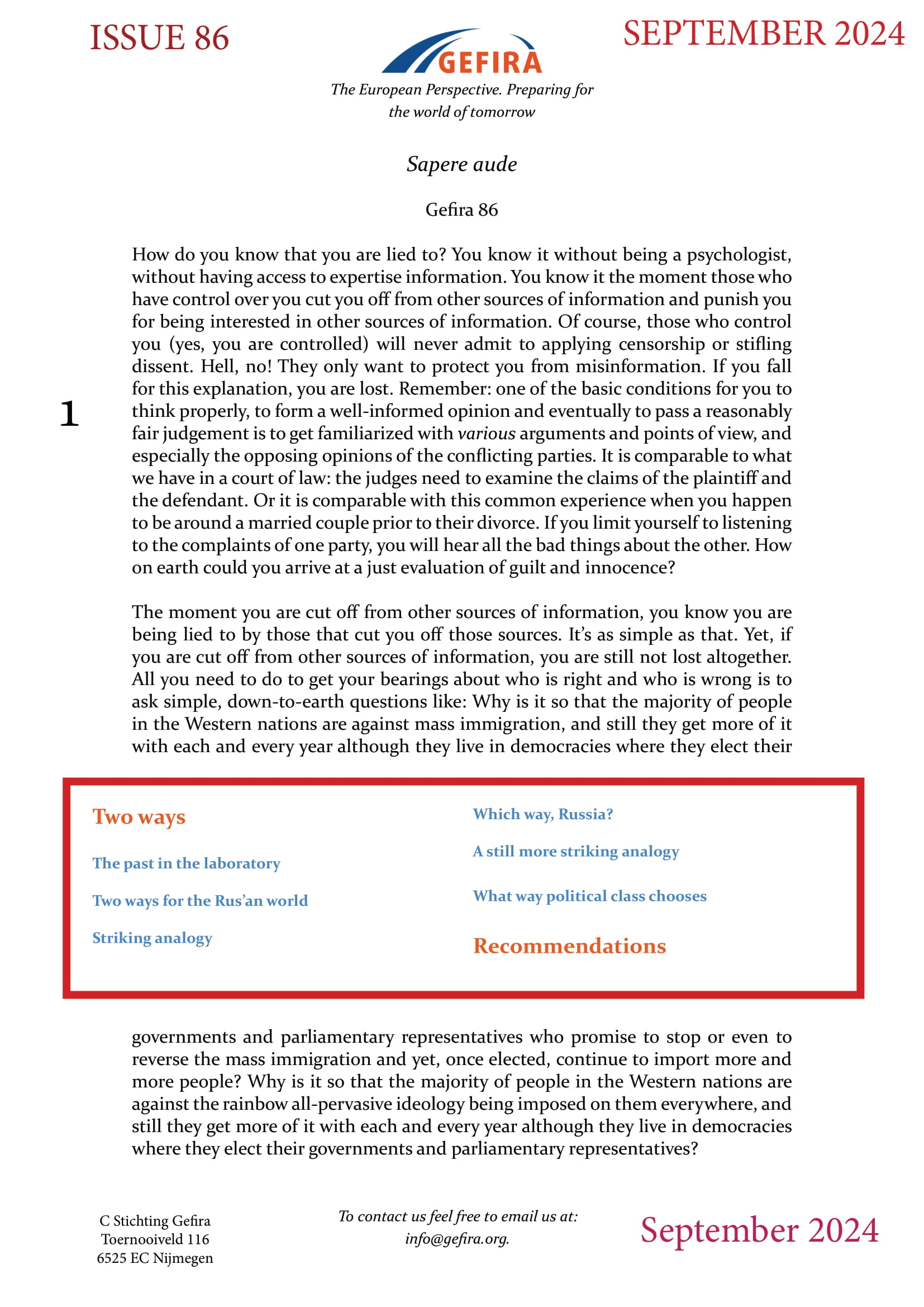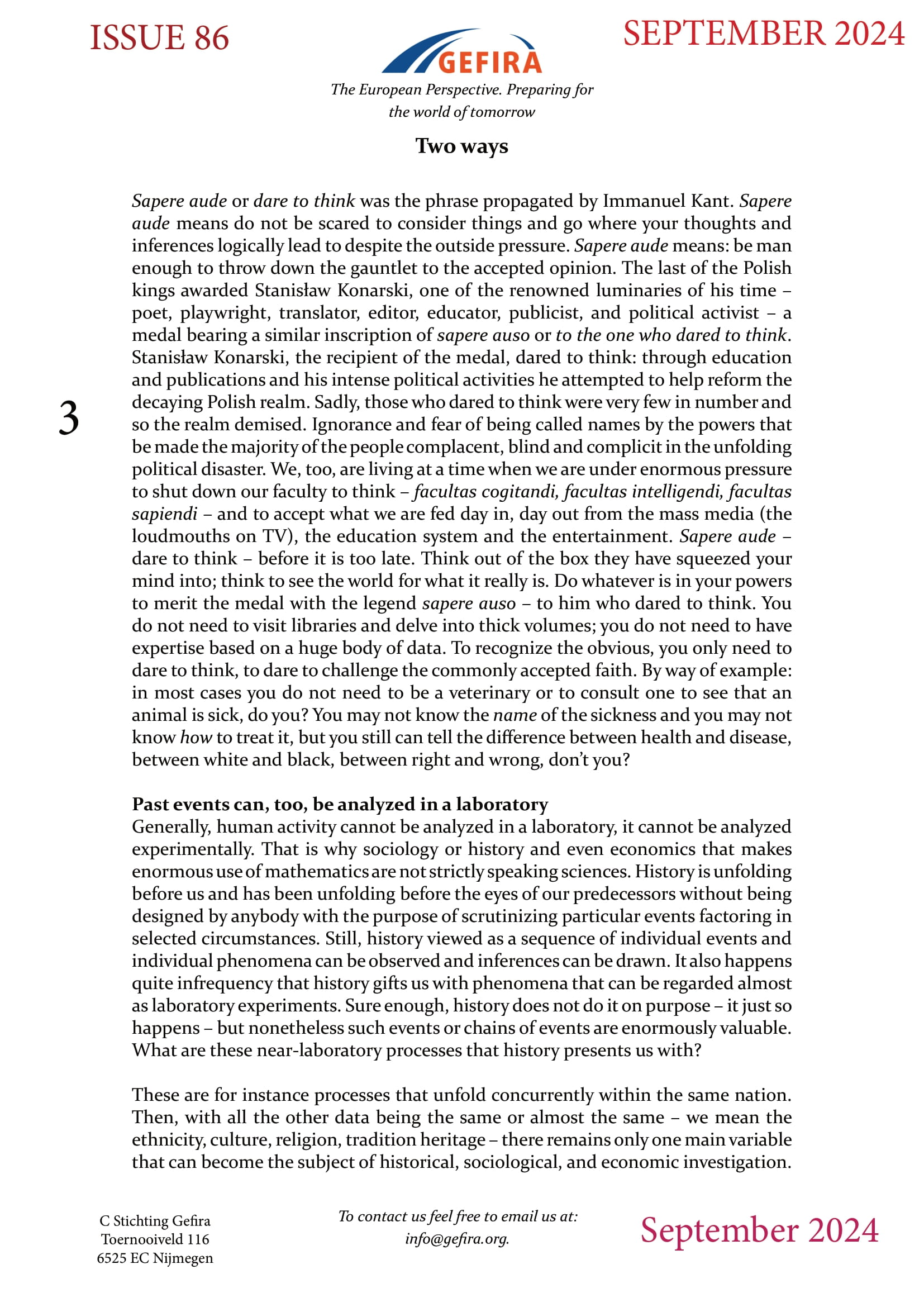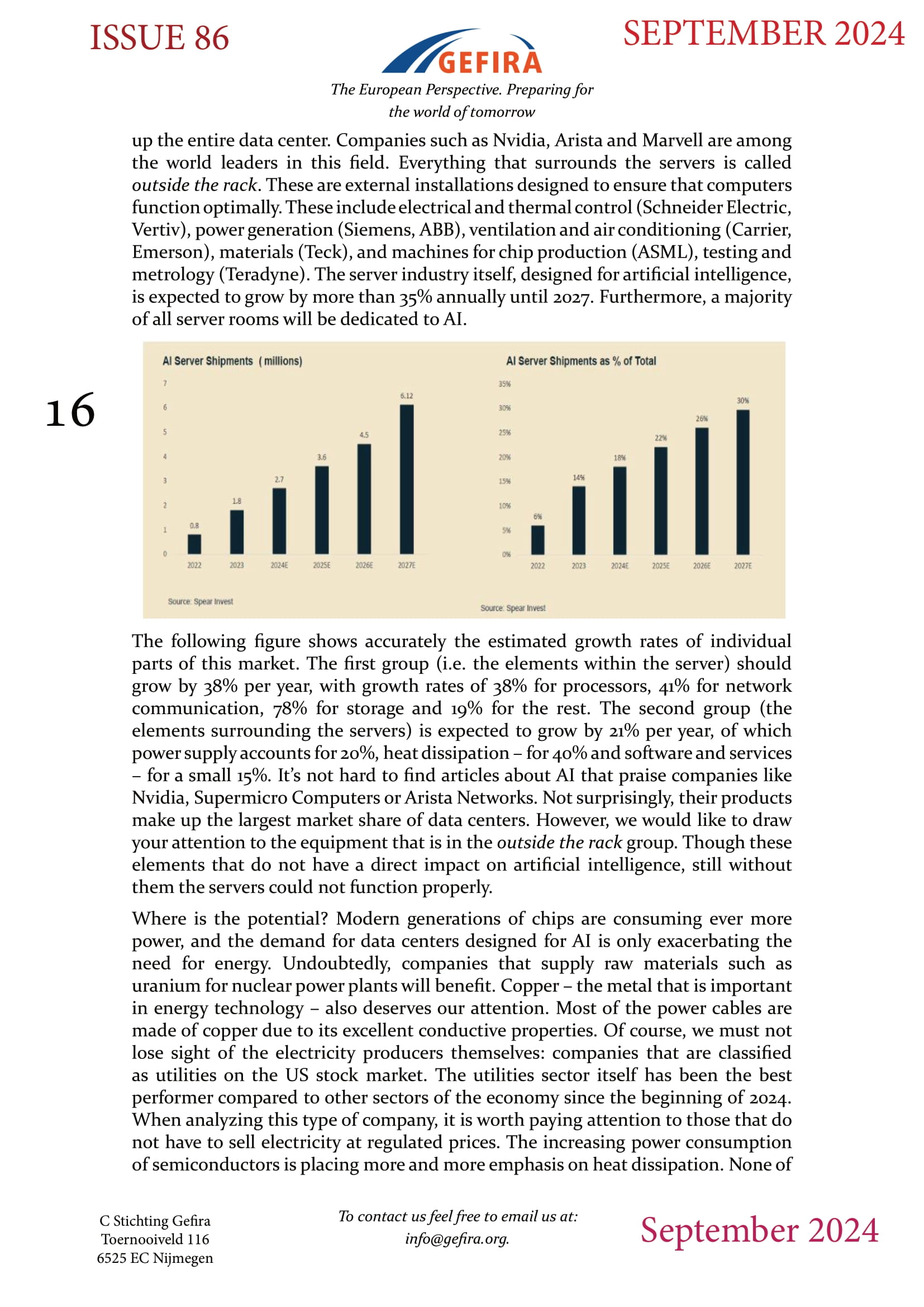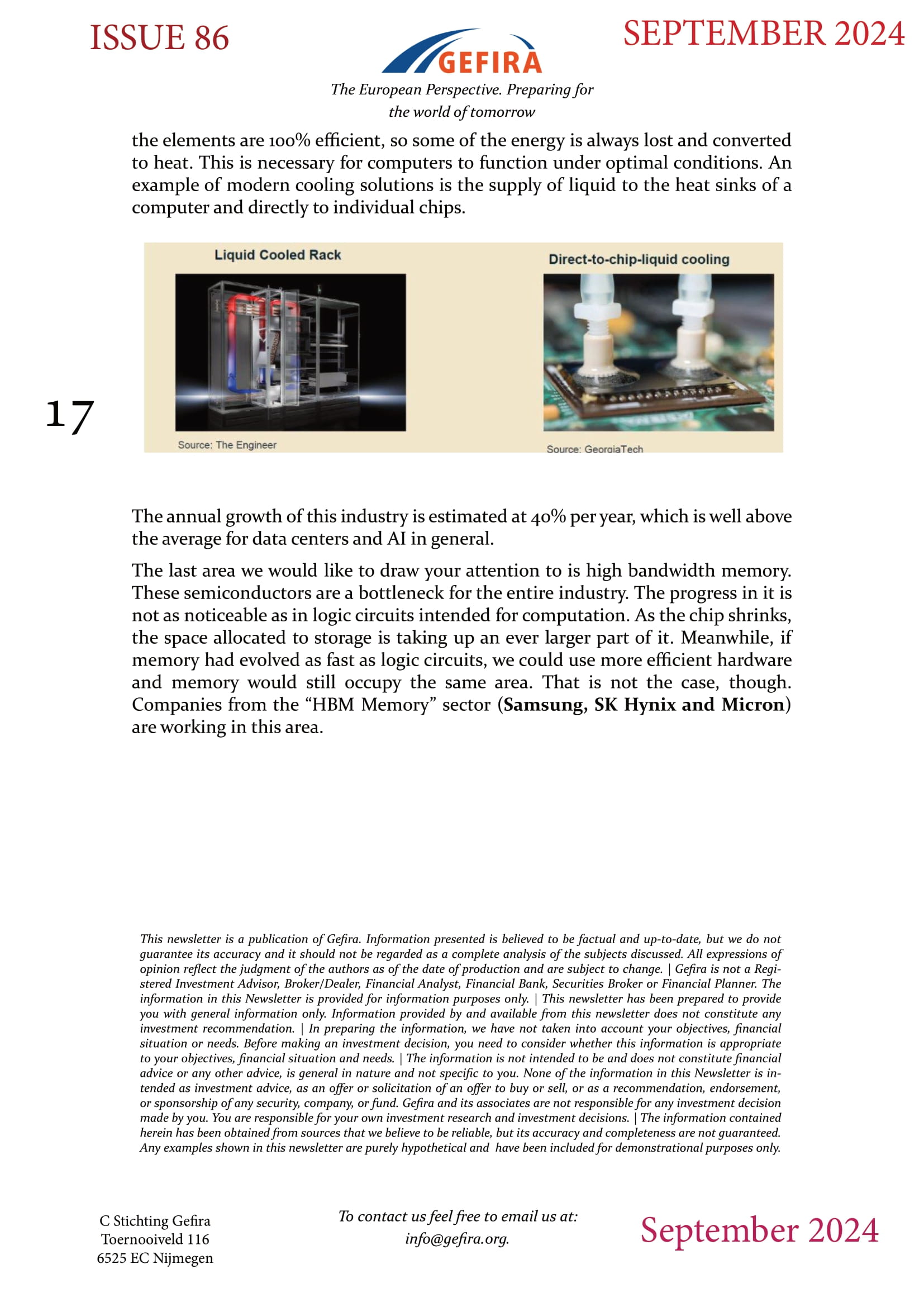Description
Freedom of speech is not what characterizes humanity, human societies. Only rarely does it surface, for a historically speaking short moment, and then disappears. Why? There’s always a ruling group that holds power, and in order to hold power as long as possible, this groups needs not only to have control over the finances and the law enforcement, but also of the collective mind. It is the mind where seeds of opposition can be sown and where they can sprout, it is the mind that sparks dissent and opposition, it is the mind that leads people to rise up against their rulers. That is the simple reason why genuine freedom of speech, freedom of expression is unthinkable. It is unthinkable because it is impossible, because it sooner or later undermines the authority. That is why freedom of speech must be controlled, channelled or otherwise influenced. The rare moments when freedom of speech resurfaces are those historical times of equilibrium between a descending and an ascending ruling grup.
In the modern world censorship has become a word evoking the worst possible connotations. Dictators resort to censorship, Communists used to apply censorship, but democracies are all about freedom of expression… except that they are not. What do democracies do to simultaneously have censorship and not have it? The solution is easy and as old as human history. Democracies abolish the word censorship without abolishing censorship itself, democracies invent new ways of censoring content without having to resort to the old primitive methods of physically gagging someone’s mouth are imprisoning someone for his words. Democracies invent terms like combating disinformation or misinformation, like protection of the populace against malicious or inciting false news and ideas. That’s it! Censorship in a democracy? God forbid! Yet, you will agree that lies need to be suppressed, will you not?
Humans instinctively want to know the truth and wish to be able to pass correct judgement. In order to know the truth and in order to be able to pass correct judgement, one needs information, one needs varied information coming from different, politically or ideologically opposed sources. Only then can truth be discovered, only then can correct judgement be passed. Hence the need for consulting various information sources. Audiatur et altera pars, as the Romans used to say: let also the other party have a fair hearing. An argument can only be accepted as binding if it has been confronted with opposing arguments and stood its ground, when the argument turned out to (more closely) correspond to reality, to truth. How otherwise can we justly and impartially decide about anything?
How about misinformation or disinformation? If misinformation or disinformation are allowed currency together with information, in the long run the last mentioned will win out. Truth always wins out. As someone said: you can’t deceive all people all the time. Conversely, if information is suppressed under whatever noble pretexts, if you are punished or intimidated or ridiculed for wanting to consult various sources of information, then you may rest assured that those who want to punish, intimidate or ridicule you have been feeding lies to you and are now afraid of you exposing their mendacity. That’s a litmus test available to all of us. You don’t need to be an expert on anything, you only need to be vigilant: if the powers that be don’t want you to look for other sources of information, it clearly means that they want to conceal something and are afraid of being confronted with the truth.
Quid est veritas? was famously asked by Pilate. Yes, what is truth? It may not be easy to discover truth, but one thing is certain: we will never discover it without consulting varied sources of information, without exposing our minds to varied, opposing arguments. At least that much is true. It may be that you do not wish to investigate into various phenomena, events and news: why, it takes a lot of time and effort, and we all have our lives to live, our work to perform, our families to take care of, our vocations to fulfil. Nothing wrong with that. That is why societies delegate few individuals – like journalists or historians – to do the job for the rest of us, to present us with the results of their research efforts. That’s the way it ought to be. The only task that we – the consumers of someone else’s investigative work – are set with is to familiarize ourselves with the investigations done by others with this however sound principle that we must consult opposing sources of information and argumentation. The moment we are denied it, we know that we are being lied to, we know that we are being separated from truth.
There are many, many people who are in favour of global peace. Many of them join organizations and take part in demonstrations in support of international peace. Yet, these are usually empty gestures. It is not enough to yell, Give peace a chance; what needs to be done is to encourage all of us to give the other party to a conflict a fair hearing. Peace disappears when only one argumentation is heard and, consequently followed. Peace disappears when one argumentation deemed as correct makes it impossible for us to understand our opponents. One argumentation turns us into reckless automatons who believe they know reality, who are certain that they know truth while they don’t. If you want to give peace a chance, encourage people to listen to and read what the other party to the conflict has to say; if you want to give peace a chance, declare war on those who suppress selected sources of information and argumentation. Once you learn the argumentation of the other party, your belligerent attitude will almost always be done away with, or at least significantly reduced. Contrarily, if you clam up in your own world of allegedly true ideas, you are going to end up in a vicious conflict of attrition so much so if the other party to the conflict does the same.
It takes intellectual courage to think. Yes, genuine thinking is an act of courage. It is an act of courage to admit a thought that my attitude to an event, my belief in an idea, my evaluation of reality are perhaps not quite correct, are perhaps wrong, or perhaps downright wrong? It is an act of huge courage to admit that perhaps my opponent is not quite wrong, that my opponent is maybe right, maybe… absolutely right. It is probably easier to go to physical war and fight in the trenches than to subdue your own ego and surrender your own cherished beliefs. It was not without a reason that Romans used to say, imperare sibi maximum est imperium, or, to rule yourself is the ultimate form of power. It is really much easier to command troops in the field, or to withstand hardships than to admit that what you hold as sacred truth is not true.









Reviews
There are no reviews yet.